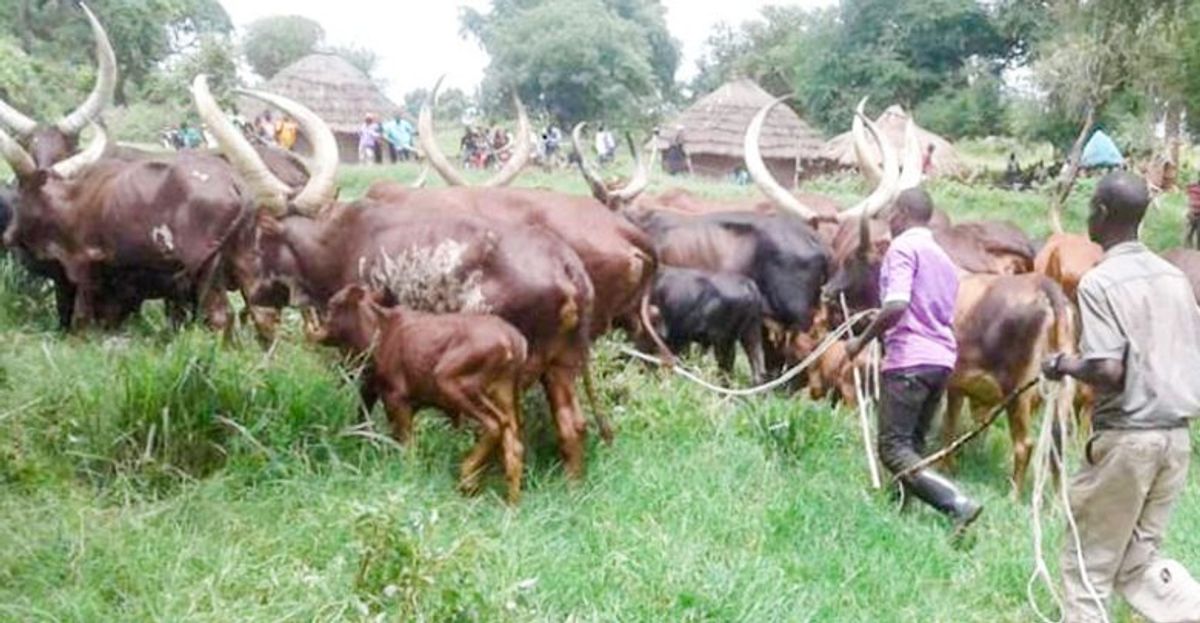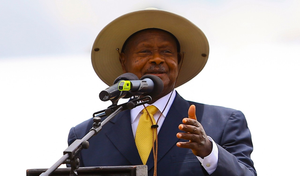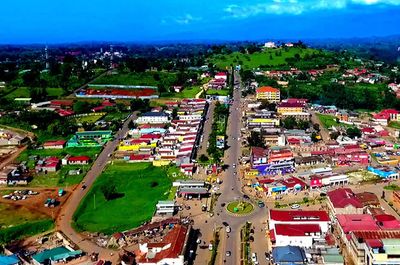
The problem of migrant pastoralists from Western Uganda, normally referred to as Balaalo, herding their cattle in Northern Uganda, has arisen again. But this time with a greater urgency. It has mandated President Yoweri Museveni to issue another Executive Eviction Order.
More than 300 Balaalo cattle keepers have been herding more than 400,000 head of cattle in West Nile and Acholi Sub-region for the last ten years. It has led to complaints from the Indigenous people about the illegitimate land ownership of their land..
The luminaries who hail from the area are Justice Owing Dollo, Professor Ogenga Latigo and Messrs. Odonga Otto and Gilbert Olanya, all assert that the Balaalo have been unilaterally grazing their cows on communal land in those areas without due authorisation. Stepping into the fray, Lawyer Male Mabirizi has accused them of practising tribalism by rejecting the Balaalo form the North.
In sentiment for all Latigo says, “This is our land and our destiny, not tribalism.” He further questions: “Why were the Balaalo not buying land here in the 1960s, 70s, 80s, 90s; why now?”
Regarding communal land and land sales, the President notes that the communal land tenure system, combined with individual land sales, can lead to disputes. This is particularly true when local land conflicts are exacerbated by the influx of outsiders, creating a situation ripe for significant issues.
The leaders from the Acholi Sub-region have jointly welcomed Presidential Executive Orders No. 3 and No. 2, passing a resolution to fully support their implementation. Mr. Robert Mugabe, who read the joint resolution, stressed the importance of involving local Acholi leaders in all technical processes of the verification exercises, particularly those concerning land ownership and the eviction of migrant cattle keepers.
Thus a month ago, Museveni enacted Executive Order Number 2 of 2025 evicting them. It follows a previous directive, Executive Order No. 3, issued in 2023. Accordingly, he noted four issues concerning the grazing of cattle in the areas: the on-going pastoralist activity; conflicts with the communal land ownership in the regions resulting in internal strife and violence; an un-controlled land fencing which obstructs access to essential natural resources; are insufficient fenced grazing zones; and, it has led to crop destruction which has affected food security and stability in host communities.
In the process, the “voluntary eviction” for a grace period up to the end of August this year is being overseen by the Uganda People’s Defence Forces (UPDF) and the Uganda Police Force (UPF). Major General Felix Busizoori, the Commander of the Fourth Infantry Division in Gulu, who is heading the “Operation Harmony”, confirmed a week ago that over 3,000 heads of cattle had exited the two sub-regions, West Acholi and West Nile.
He acknowledged that many cattle keepers are now voluntarily complying with the directive. “Those who have not yet secured transport are reportedly in the process of selling some of their cattle to facilitate hiring trucks for relocation. The majority of cattle within the two sub-regions have already been assembled at holding grounds in their respective sub-counties, awaiting transportation, Busizoori added.
Despite this, over 300 Balaalo cattle keepers have petitioned the Civil Division of the High Court in Kampala, claiming that the eviction is being conducted without due verification of their land ownership status, which they contend violates their constitutional rights. They are represented by Mwesigwa Rukutana and Company Advocates.
They are seeking the Court to intervene to protect their rights, and an injunction to cease evicting them from the land until a thorough verification process is conducted. They state that the Court remind authorities to respect their fundamental rights of a fair hearing, property rights, and freedom of movement and settlement in the area in Uganda.
The issue of the migrant pastoralists hinges on the matter of customary land tenure. The Acholi say that there is no way of acquiring land and titles in the areas as it is communally owned. But some of the Balaalo have evidently “fraudulently” acquired the land and have fenced it. And it has included some water-catchment areas where the local communities rely for water. Comments Latigo: “Those who sell to the Balaalo are simply greedy; they have not got any communal approval.”
In their lawsuit, they challenge the Government for a prior verification process to determine legitimate land ownership or settlement status. In effect, it is a response to the President’s
May 2023 Order, which accused them of illegally occupying land, fencing their farms, and damaging community livelihoods.
The affected Balaalo, report that they are living peacefully among local communities and establishing permanent infrastructure, including dams for watering the cattle. They are now seeking a High Court injunction to halt the eviction process pending a judicial review of the legality and fairness of the directive. Court records indicate that the eviction order was made before verification of the cattle keepers’ proprietary and possessory interests in land had been completed.
The applicants argue that the Order was issued without any consultations and without allowing the Balaalo to explain how they acquired their land interests, to demonstrate compliance with conditions set in the previous Executive Order Number 3 of 2023, or to present Certificates of Compliance.














Ikebesi Omoding
Ikebesi Omoding is the acclaimed author of a weekly column titled: From the Outside Looking In
Leave a Comment
Your email address will not be published.